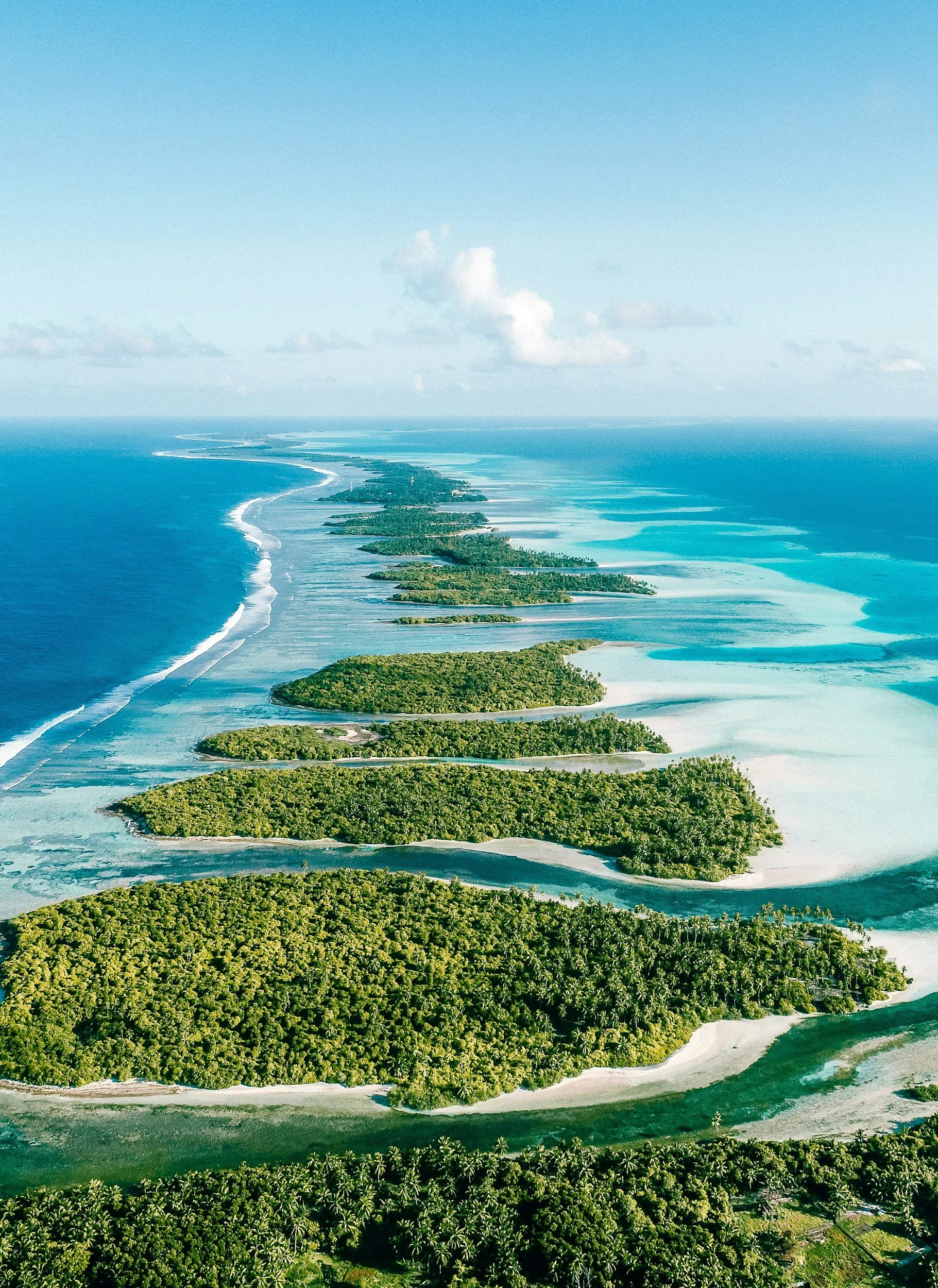2nd National Oceans Symposium: From a Local Citizen’s Perspective
By: Laurence E. Edwards, II
What is NOS2?
The 2nd National Oceans Symposium (NOS2) was an event that heavily focused on ocean dialogue, collaboration, and action to protect and sustainably manage the ocean and its resources. This NOS2 was held from August 5-7, 2025 at the International Conference Center in Majuro, Marshall Islands. The NOS2 was a three-day event that brought in respective Local Government Mayors/Representatives, Fishermen and Women Leaders from each of the 24 Atolls/Islands scattered across the Republic of the Marshall Islands, centered around four key thematic areas: Climate Change, Sustainable Fisheries, Marine Pollution, Coral Reefs, and Marine Protected Areas. This Symposium has garnered a lot of interest from both private and public sectors to consult and hear views on critical issues surrounding the National Oceans Policy of the RMI. Something that MSCI can look into supporting advocacy for Island Communities for Sustaining and Conserving its ocean and ocean resources in the Micronesian lens (sort of what RMI has done as an example, the Reimaanlok Process), and how it would complement MSCI’s mandate in terms of empowering the FAS States with similar issues impacting Island Communities.
Why is it important to the RMI?
NOS2 was an important platform that was suited to hear the needs of island communities that have been impacted in their daily lives after the first NOS back in 2017. As most outer island communities rely on subsistence fishing, it brought together key stakeholders to address the critical issues surrounding their ocean resources, as it has significant purposes premised on traditional, social, and economic livelihoods. From the last NOS1 in 2017, a National Implementation Plan was developed to outline actions to be taken by authorities in the RMI in response to the last NOS1 endorsed by the participants and representatives of Local Governments. The four key thematic areas such as Climate Change, Sustainable Fisheries, Marine Pollution and Coral Reefs and Marine Protected Areas, have categorized six Guiding Principles which was emphasized in NOS2: 1) Legal and Regulatory; 2) Human Resources/Capacity Development; 3) Public Awareness and Education; 4) Data Collection, Management and Information Sharing; 5) New Projects (Conservation, Management, and Livelihoods); and 6) Networking and Establishing Partnerships. With the recent completion of NOS2, key findings and recommendations will help set a path forward that will be conducive and meaningful for the next 5 years in safeguarding our ocean resources for our future generations.
What benefits and challenges do local communities have with the current state of sea level rise, climate change, overfishing, etc.?
There were both benefits and challenges that were discussed in details by the participants and presenters during NOS2. The common issues that were brought up by all participants were a lack of funding, a lack of monitoring and enforcement on marine pollution, a lack of human resources to address ocean-related issues, and a hard time balancing both economic investment opportunities and conservation practices.
The majority of the participants, who have lived on the edge of sea level rise and coastal erosion, have pled for more financial support and on site feasibility studies to be conducted in their respective Atolls and ways to fully monitor and tackle Climate Change (e.g. sort of what the National Adaptation Plan was created to suit the needs of local communities in the RMI) and other prevalent issues. Other emerging issues were discussed in terms of public awareness and outreach of what sort of tools can be used to tackle certain issues (e.g. the Electronic Monitoring of Longline Fishing Vessels; Grab Bags distributions to all Local Government Councils to address Emergency Issues out at sea for safety purposes; etc.) and the recent implementation or ratification of international binding treaties that RMI signed up for especially on oceans related issues (e.g. the BBNJ; the US Multilateral Fisheries Treaties with Pacific Island Parties; etc.). We need to be more self-sufficient and, at the same time, be more accountable when it comes to destroying our pristine seas and their marine resources.
What are the potential key takeaways after NOS2?
With the completion of NOS2, from my perspective, the key takeaways would be that action speaks louder than words and time is to act now! There is no time to waste as the issues are there to serve the interests of our people in the Micronesian region, particularly on ocean issues. I will leave this quote as a stark reminder for our readers: “Give a man a fish and you feed him for a day. Teach him how to fish and you feed him for a lifetime” (Lao Tzu). Self-sufficiency and resource ownership relating to development aid, education, and personal growth, and taking action while being cognizant of our surroundings are my key takeaways from NOS2. We have heard pleas for assistance by our own people, and we must act on them for the betterment of our livelihoods for generations to come.


